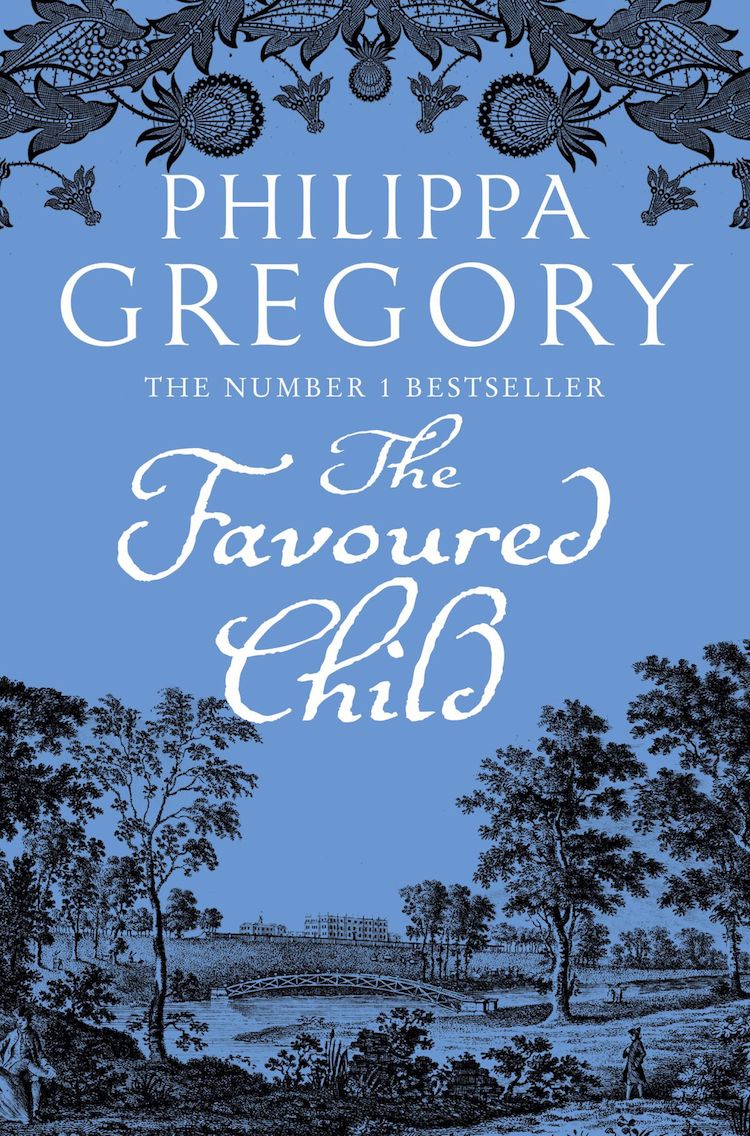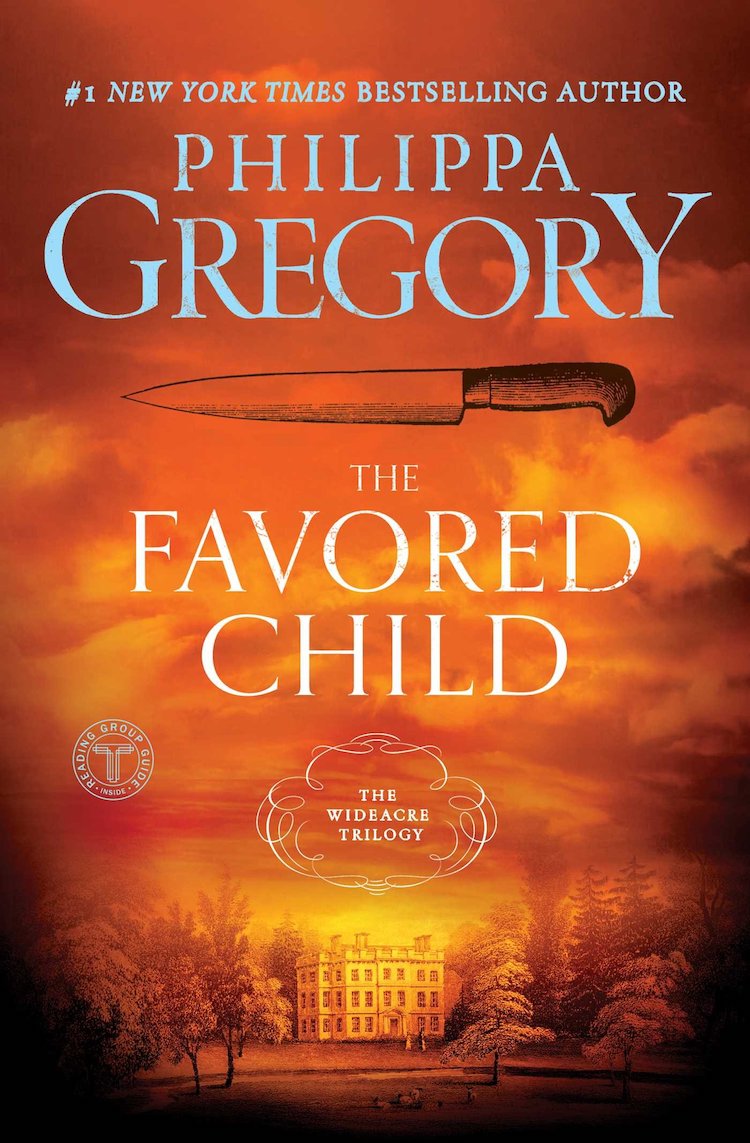The Wideacre estate is bankrupt. The villagers are living in poverty and Wideacre Hall is a smoke-blackened ruin.
But in the Dower House two children are being raised in protected innocence. Equal claimants to the inheritance of Wideacre, rivals for the love of the village, they are tied by a secret childhood betrothal but forbidden to marry.
Only one can be the favoured child. Only one can inherit the magical understanding between the land and the Lacey family that can make the Sussex village grow green again. Only one can be Beatrice Lacey’s true heir.
Released in 1989
This is that difficult beast: the second novel. I rewrote it through more drafts than anything since. I poured into it my thoughts about the gentrification of women, and their use as symbols of status. I still think of it as a novel which has more complexity than one might expect. I loved the heroine and especially the sequences in Bath. I went to stay in Bath to research the history of the town and uncovered a darker side to the spa which I think serves the story well, as it is so much about the shadows of regency England.
Book opens in 1790
England is in the grip of the Industrial Revolution. The impact of the Enclosures Act and rapid growth of industry led to an increasing movement of people away from living and working in the countryside and into towns and cities. The earlier influence and status of the rich landowners was under threat from the intellectuals of the enlightenment and as a result, the rigid social hierarchies were beginning to change. Despite such changes however, women were still no closer to gaining access to legal rights or equal academic or professional opportunities. Property and money were held only by men and women were generally under the control of a man – her father and then subsequently her husband. Most women - especially those from wealthy families had few rights and fewer life choices.
Downloads
Reviews
"For sheer pace and percussive drama it will take a lot of beating."
Sunday Times
"Impassioned sequel…Rich with rural English scenes…Gregory’s galloping plot leads to a savage but satisfying conclusion"
Publishers Weekly Full Review
"a sequel that packs a punch… Gregory pulls it off boldly"
Kirkus Full Review








































